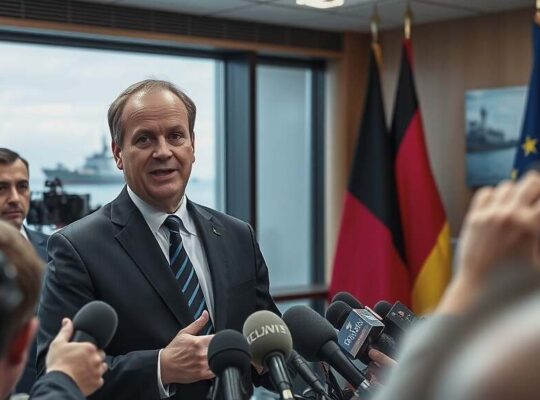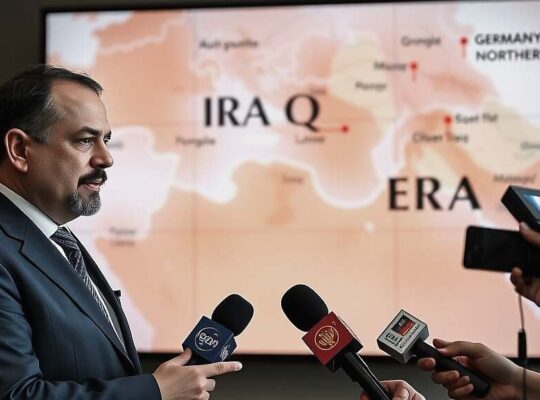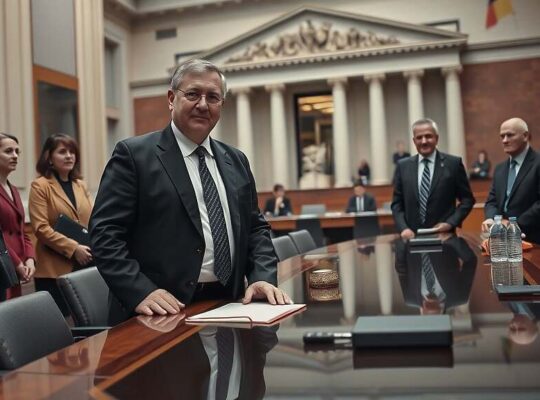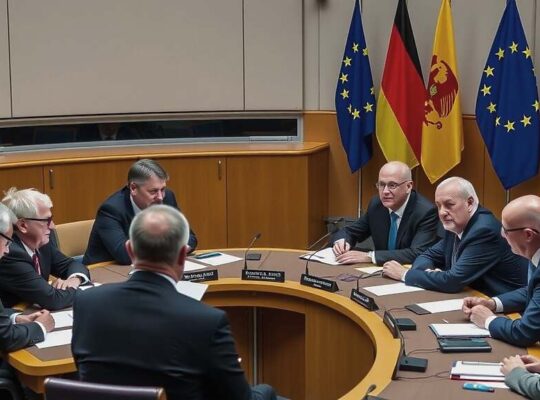Germany’s Health Minister Nina Warken has underscored the urgent need for strengthened international cooperation in addressing burgeoning global health challenges, particularly as the World Health Summit convenes in Berlin this week. In an interview with “Tagesspiegel”, Minister Warken emphasized that issues ranging from climate change-induced health crises to the escalating threat of antibiotic resistance demand collaborative solutions, positioning Germany as a committed partner in this endeavor.
The Minister’s call for unity comes against a backdrop of significant strain on international health frameworks, largely attributable to the withdrawal of the United States from the World Health Organization under the Trump administration. The US departure-a move that abruptly halted the nation’s longstanding role as the WHO’s largest financial contributor-has left a considerable void in global efforts to combat infectious diseases like AIDS, tuberculosis and malaria.
While reaffirming Germany’s pride in its relationship with the WHO, Warken tempered her support with a call for critical self-assessment. She acknowledged the necessity of reviewing existing structures and implementing reforms to ensure the organization’s efficacy and relevance in a rapidly evolving global landscape. This nuance reflects a growing sentiment within European health policy circles – a desire to bolster multilateral institutions while simultaneously demanding accountability and improved operational performance.
The World Health Summit, an annual gathering of scientific, political, economic and civil society leaders, will focus heavily this year on mitigating the consequences of the US withdrawal and charting a sustainable path forward. The challenge lies not only in replacement funding – a demonstrable hurdle – but also in fostering a renewed commitment to global health security that transcends national political shifts and prioritizes collective well-being. Some analysts suggest that Germany’s call for reform could subtly signal a desire to shape the WHO’s future direction, potentially pushing for greater transparency and a more equitable distribution of resources and influence. The summit’s deliberations will undoubtedly be scrutinized as a litmus test for the future of international cooperation in the face of persistent and increasingly complex health threats.












